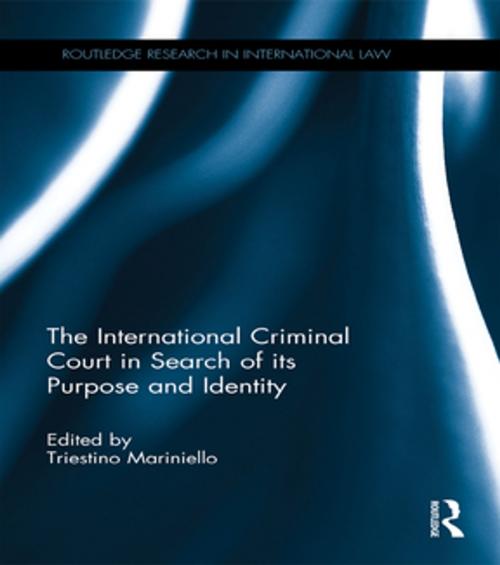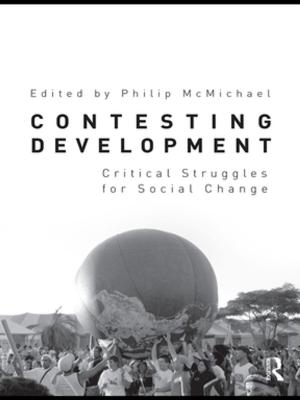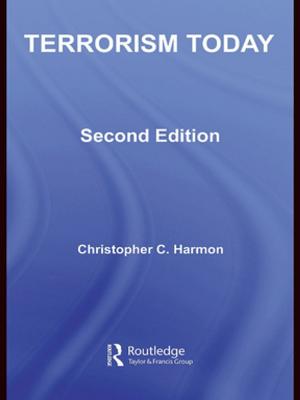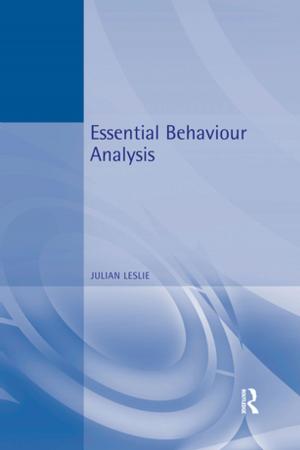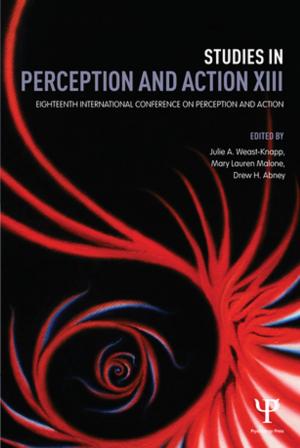The International Criminal Court in Search of its Purpose and Identity
Nonfiction, Reference & Language, Law, Courts, International| Author: | ISBN: | 9781317703082 | |
| Publisher: | Taylor and Francis | Publication: | November 27, 2014 |
| Imprint: | Routledge | Language: | English |
| Author: | |
| ISBN: | 9781317703082 |
| Publisher: | Taylor and Francis |
| Publication: | November 27, 2014 |
| Imprint: | Routledge |
| Language: | English |
The International Criminal Court (ICC) is the first permanent international criminal tribunal, which has jurisdiction over the most serious crimes of concern to the international community as a whole: genocide, crimes against humanity, war crimes, and crime of aggression. This book critically analyses the law and practice of the ICC and its contribution to the development of international criminal law and policy.
The book focuses on the key procedural and substantive challenges faced by the ICC since its establishment. The critical analysis of the normative framework aims to elaborate ways in which the Court may resolve difficulties, which prevent it from reaching its declared objectives in particularly complex situations. Contributors to the book include leading experts in international criminal justice, and cover a range of topics including, inter alia, terrorism, modes of liability, ne bis in idem, victims reparations, the evidentiary threshold for the confirmation of charges, and sentencing. The book also considers the relationship between the ICC and States, and explores the impact that the new regime of international criminal justice has had on countries where the most serious crimes have been committed. In drawing together these discussions, the book provides a significant contribution in assessing how the ICC’s practice could be refined or improved in future cases. The book will be of great use and interest to international criminal law and public international law.
The International Criminal Court (ICC) is the first permanent international criminal tribunal, which has jurisdiction over the most serious crimes of concern to the international community as a whole: genocide, crimes against humanity, war crimes, and crime of aggression. This book critically analyses the law and practice of the ICC and its contribution to the development of international criminal law and policy.
The book focuses on the key procedural and substantive challenges faced by the ICC since its establishment. The critical analysis of the normative framework aims to elaborate ways in which the Court may resolve difficulties, which prevent it from reaching its declared objectives in particularly complex situations. Contributors to the book include leading experts in international criminal justice, and cover a range of topics including, inter alia, terrorism, modes of liability, ne bis in idem, victims reparations, the evidentiary threshold for the confirmation of charges, and sentencing. The book also considers the relationship between the ICC and States, and explores the impact that the new regime of international criminal justice has had on countries where the most serious crimes have been committed. In drawing together these discussions, the book provides a significant contribution in assessing how the ICC’s practice could be refined or improved in future cases. The book will be of great use and interest to international criminal law and public international law.
